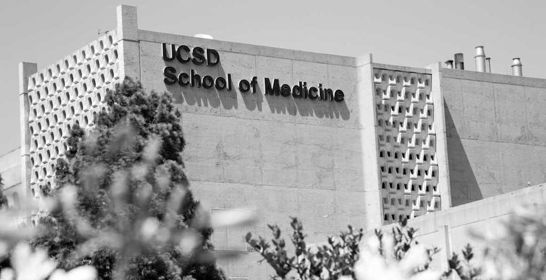
Don’t miss out on new resources
Please join us as we – together with our partners – chart new paths toward a healthier world. Sign up for our newsletter today.

Details from a collaborative study on the breastmilk of SARS-CoV-2-infected women are now available in a just-posted preprint on medRxiv.
And they are encouraging. Data indicate mothers infected with SARS-CoV-2 (the virus that causes the COVID-19 disease) are unlikely to transmit the virus to their infants through their breastmilk.
The study was launched by the University of California San Diego, in close collaboration with its sister campus, the University of California Los Angeles, shortly after the World Health Organization declared COVID-19 a global pandemic. FLRF was one of many organizations to provide expedited funding for the critical research.
“This is truly a team effort – joining together as one in times like these makes the work so much more powerful and enjoyable,” says Dr. Lars Bode, Professor of Pediatrics and Director of the Larsson-Rosenquist Foundation Mother-Milk-Infant Center of Research Excellence at the UC San Diego School of Medicine. “None of us alone can solve these complex and rapidly emerging research questions; we all need to work together, especially in times of crises.”
The team of researchers analyzed 64 breastmilk samples from 18 women infected with SARS-CoV-2. While one of 64 samples tested positive for presence of viral RNA, none of the samples contained active virus (i.e., capable of replicating and causing disease).
This is significant, because several other studies before had reported presence of viral RNA, but did not test for its activity. The new study shows that the presence of viral RNA is not only rare, but also does not represent active virus that can replicate and cause disease.
Finally, the researchers also found that the Holder Pasteurization method commonly used by human milk banks was successful in inactivating the virus in breastmilk that had been contaminated with SARS-CoV-2 during pumping and handling.
Dr. Bode further credited the investigative infrastructure that is already in place with the team’s ability to launch a collaborative study so swiftly.
“The existing Human Milk Biorepository at UC San Diego led by my colleague Dr. Christina Chambers is extremely valuable in cases like this when immediate action is required,” he says. “Also, we had worked together with Dr. Grace Aldrovandi’s team at UCLA on human milk oligosaccharides and HIV transmission a few years ago, and reactivating the collaboration made it so much easier than starting everything from scratch.”